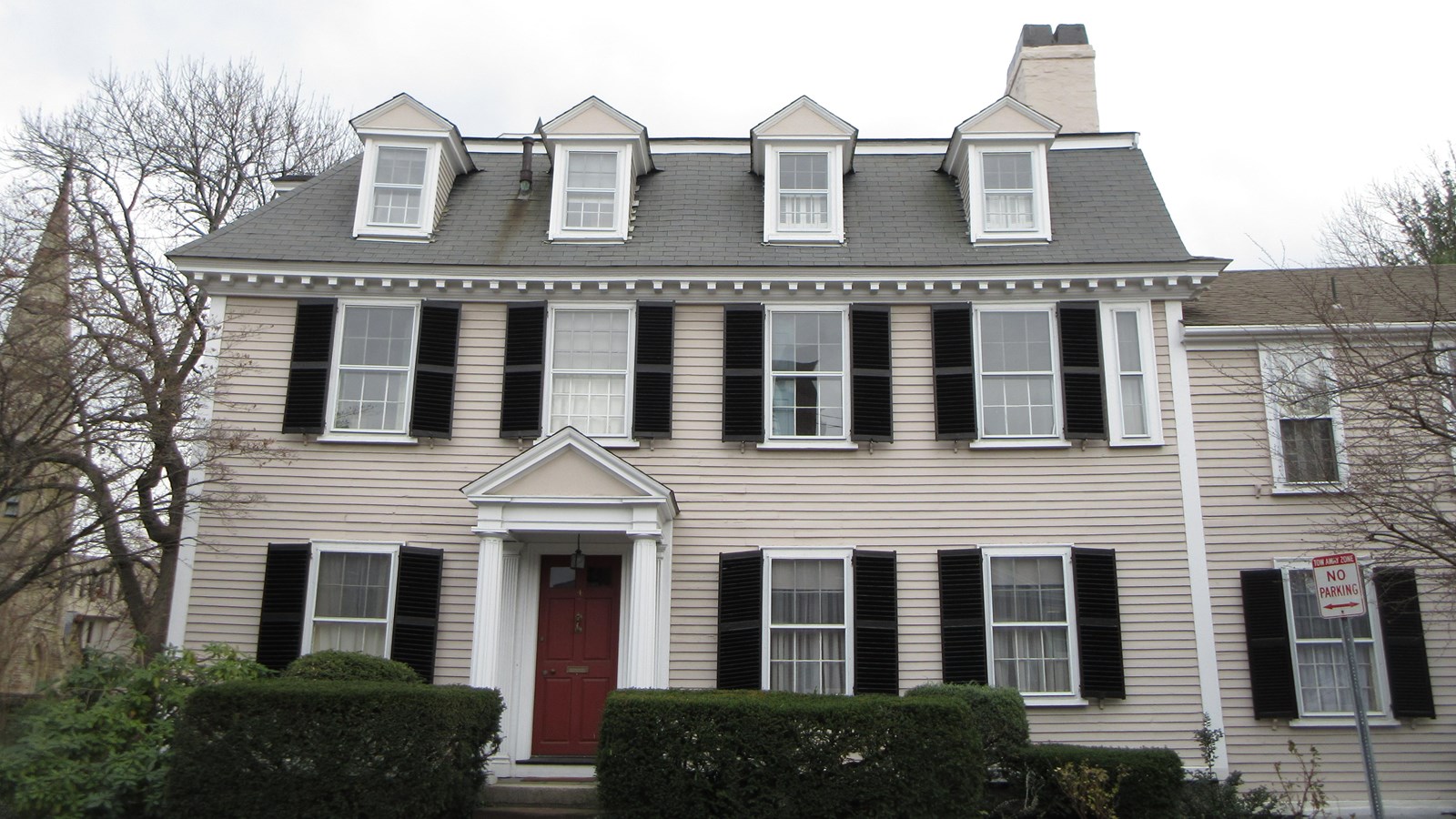“Newport baker Godfrey Wainwood purchased Robert”
At Small State, Big History, Robert A. Selig recently discussed slave sales in Newport, Rhode Island, during and at the end of the Revolutionary War.
As Selig notes, just before the war the small colony had started to move away from importing enslaved people. (Rhode Island merchants were still entirely free to transport captives elsewhere, though.)
In “Newport’s Last Slave Auction: Rochambeau’s Prizes,” Selig writes of cases like this:
According to court documents, the slave named Robert who initiated the legal proceedings ran away from his owner in early in 1781, leaving behind his enslaved mother and father. Robert hailed from Port Royal in Caroline County, Virginia . . . .Mention of the Newport baker Godfrey Wainwood immediately caught my eye.
Perhaps Robert and the others thought that their chances of securing freedom would improve by boarding a French vessel but it is more likely that they mistook the French vessel for a British ship. Either way, boarding the French vessel did not mean freedom but rather more years in slavery. Destouches brought the slaves to Newport—where based on a 1774 Rhode Island law forbidding the importation of slaves they should have been freed.
Destouches was probably unaware of that law but Rhode Island and Newport authorities should have been and thus should have prohibited the sale. They did not. Maybe they did not want to annoy their “illustrious ally.” . . .
On 13 June the sale went ahead as planned. After trading bids with Henry Sherburne, Newport baker Godfrey Wainwood purchased Robert for 170 Spanish silver dollars . . .
In 1789 a dispute arose over the length of the contract Robert was supposed to work for Wainwood; Wainwood claimed nine years, Robert claimed seven years. After lengthy legal proceeding it was in the fall of 1791 that Robert was finally “[wrested] from the iron grasps of despotism and [restored] to the capacity of enjoying himself as a man.”
Wainwood was the man who turned in his ex-wife for trying to send a ciphered letter into Boston in the summer of 1775, setting off the investigation that unmasked Dr. Benjamin Church as a paid British agent.
A German-speaking immigrant, Wainwood managed to establish himself solidly in Newport. Purchasing an enslaved man reflected growing wealth.






